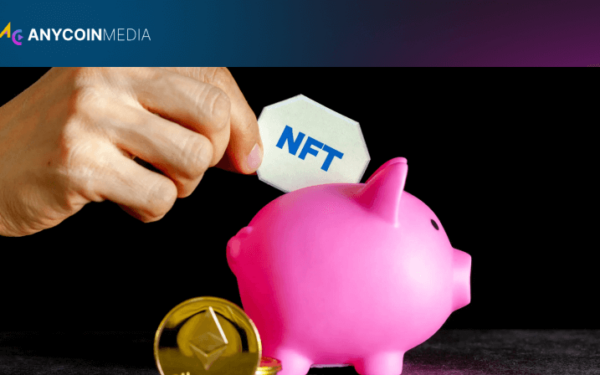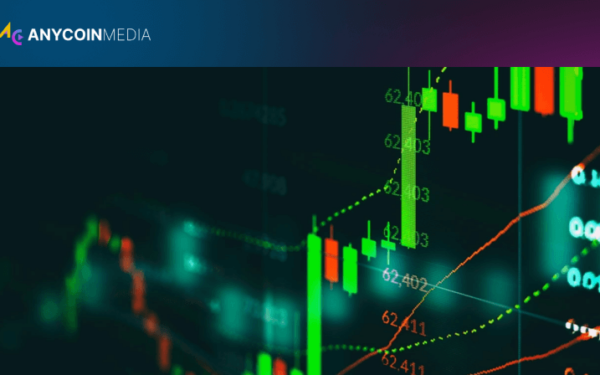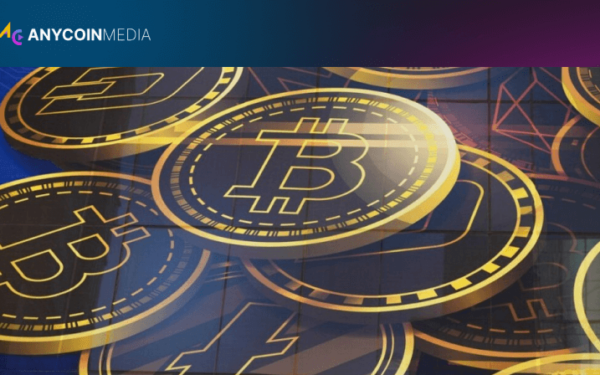In the ever-evolving landscape of cryptocurrency trading, privacy remains a paramount concern for many investors. As regulatory pressures mount globally, the demand for exchanges that do not require extensive Know Your Customer (KYC) procedures has surged. These platforms offer a degree of anonymity that appeals to those who prioritize financial privacy or seek to avoid the cumbersome verification processes typical of mainstream exchanges. The rise of non-KYC exchanges represents a significant shift in the crypto ecosystem, challenging traditional notions of financial oversight and user identification.
KYC-free exchanges operate simply by allowing users to exchange cryptocurrencies without providing sensitive identification documents. This method starkly contrasts standard exchanges, which regularly require massive amounts of documentation to comply with anti-money laundering (AML) guidelines. While this may seem attractive, knowing the benefits and risks associated with these platforms is important. The appeal of KYC-free exchanges lies in their ability to offer money services to target audiences worldwide, regardless of whether they have access to standard banking systems or government-issued IDs.
The choice between KYC and non-KYC exchanges often comes down to a trade-off between convenience and privacy. While KYC procedures are designed to prevent financial crimes and ensure regulatory compliance, they can also be invasive and time-consuming. Non-KYC exchanges offer a streamlined alternative, but users must be aware of the potential risks and limitations associated with these platforms.
Bisq stands out as a decentralized exchange that operates on a peer-to-peer network. Its unique architecture eliminates the need for a central authority, ensuring that user data remains private and secure. Trading on Bisq requires running the software on your own device, which may present a learning curve for newcomers but offers unparalleled privacy. The platform’s commitment to decentralization extends to its governance model, with decisions made through a community-driven process.
While KuCoin does offer KYC options, it allows basic trading functionalities without mandatory verification. This hybrid approach makes it an attractive option for those seeking a balance between privacy and access to a wide range of cryptocurrencies. However, withdrawal limits are in place for non-verified accounts. KuCoin’s extensive selection of altcoins and innovative features, such as crypto lending and staking, make it a versatile choice for traders.
Hodl Hodl takes a unique approach by facilitating peer-to-peer Bitcoin trading without holding user funds. This model significantly reduces the risk of exchange hacks and ensures that users maintain control over their assets throughout the trading process. The platform uses multisignature escrow to secure transactions, adding an extra layer of security to the trading process. Hodl Hodl’s global reach allows users from various countries to connect and trade directly.
Formerly known as LocalEthereum, LocalCryptos has expanded to support multiple cryptocurrencies. It employs end-to-end encryption for messaging and non-custodial wallets, ensuring that users retain full control over their funds. The platform connects buyers and sellers directly, fostering a community-driven trading environment. LocalCryptos’ escrow system provides a safety net for transactions, reducing the risk of fraud.
Binance’s decentralized exchange offers a non-custodial trading experience without mandatory KYC. Built on the Binance Chain, it provides fast transaction speeds and the security of blockchain technology. However, the range of tradable assets is limited compared to its centralized counterpart. Binance DEX leverages the liquidity and brand recognition of the Binance ecosystem while offering a more privacy-focused trading option.
TradeOgre has gained popularity among privacy-focused traders, particularly those interested in mining and trading privacy coins. The platform offers a straightforward interface and quick registration process, making it accessible to both novice and experienced traders. TradeOgre’s commitment to supporting privacy-centric cryptocurrencies aligns with its non-KYC policy, attracting users who prioritize anonymity in their transactions.
BTSE provides a unique hybrid model, allowing users to trade with basic functionality without KYC while offering enhanced features for verified accounts. This approach caters to a wide range of user preferences, balancing privacy concerns with access to advanced trading options. BTSE’s innovative products, such as futures and options trading, set it apart from many other non-KYC exchanges.
Specializing in instant cryptocurrency exchange, Trocador operates without consumer registration or KYC. Its simplicity and attention to privacy make it an attractive alternative for those who want to quickly change virtual things without leaving even a hint. Trocador’s integration with multiple blockchain networks enables seamless cross-chain transactions, empowering privacy-conscious traders.
Majestic Bank bills itself as a privacy-focused platform for receiving and selling cryptocurrencies. It offers more than a few free options and does not require KYC for transactions below certain thresholds, making it attractive to privacy-conscious investors. The platform’s commitment to user anonymity extends to its operational practices with minimal data collection and storage.
Atomic DEX uses atomic swaps to facilitate peer-to-peer buying and selling across various blockchain networks. This technology eliminates the need for intermediaries and allows for trusted exchanges without compromising consumer privacy. Atomic DEX’s on-chain capabilities open new opportunities for decentralized buying and selling, allowing clients to trade assets across unique blockchains without relying on centralized exchanges.
While non-KYC exchanges offer significant privacy benefits, they come with their own set of considerations:
Implementing these best practices can significantly enhance the safety and efficacy of trading on non-KYC exchanges. It’s important to remember that while these platforms offer increased privacy, they also place more responsibility on the user to ensure the security of their funds and personal information.
As regulatory pressure continues, the landscape of exchanges not using KYC will likely change. Innovations in decentralized finance (DeFi) and privacy-enhancing technologies could pave the way for new anonymous trading models. Improvements to zero-knowledge proofs and other cryptographic techniques may enable regulatory compliance without compromising user privacy.
Ongoing debate among privacy advocates and regulators will determine the fate of exchanges that do not use KYC. As governments worldwide try to cope with the complex situations arising from anonymous financial transactions, we can also see several developments emerging. Some jurisdictions may crack down on platforms that do not support KYC, while others may adopt more favorable privacy rules.
The sustainability of these systems will depend on their ability to balance consumer privacy with regulatory compliance. This balancing act could also improve the latest hybrid technologies that provide layers of privacy and capabilities primarily based on user verification. As the enterprise matures, we may further see increased collaboration between exchanges and regulators to set standards that protect consumer privacy and market integrity.
Ultimately, KYC-free exchanges provide a valuable alternative for privacy-conscious cryptocurrency investors. While they present specific opportunities, they also come with a personal set of dangers and considerations. As the cryptocurrency landscape evolves, the position of these exchanges will undoubtedly remain a subject of debate and innovation. Investors need to weigh the benefits of privacy against the potential downsides and make informed choices based primarily on their desires and tolerance for threats.
The panorama of KYC-free exchanges in 2024 depicts a dynamic and evolving quarter of the cryptocurrency market that continues to redefine traditional notions of economic transactions and privacy. As the enterprise moves forward, the balance between innovation, privacy, and compliance will shape the future of cryptocurrency buying and selling. Whether exchanges without KYC will become a mainstream alternative or remain a spot option for privacy-focused users remains to be seen. Still, their impact on the broader conversation around economic privacy and autonomy is simple.





